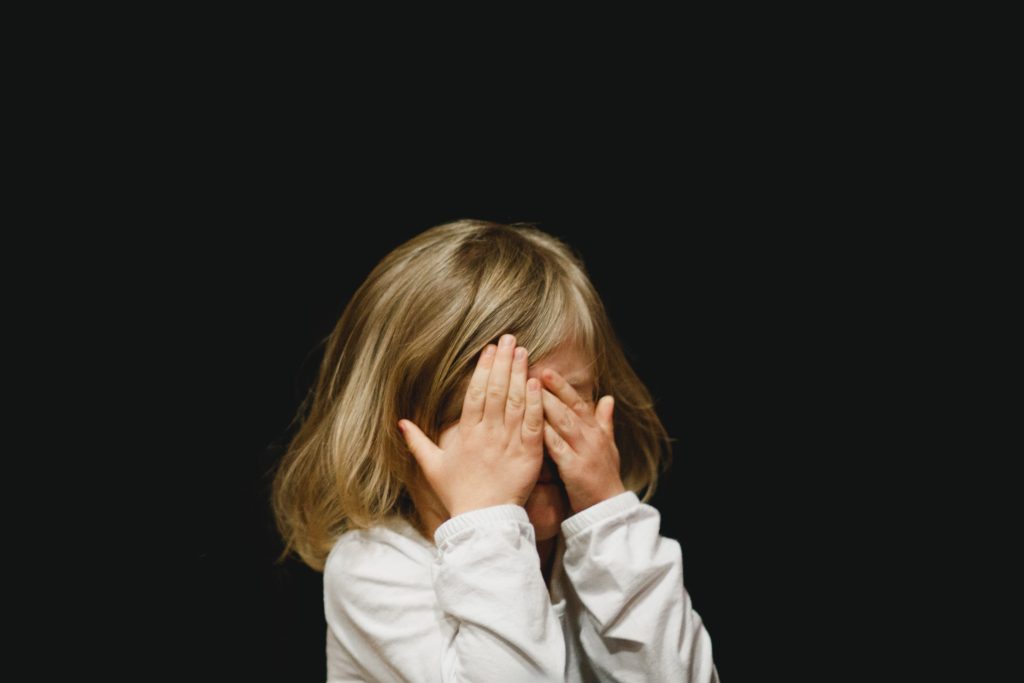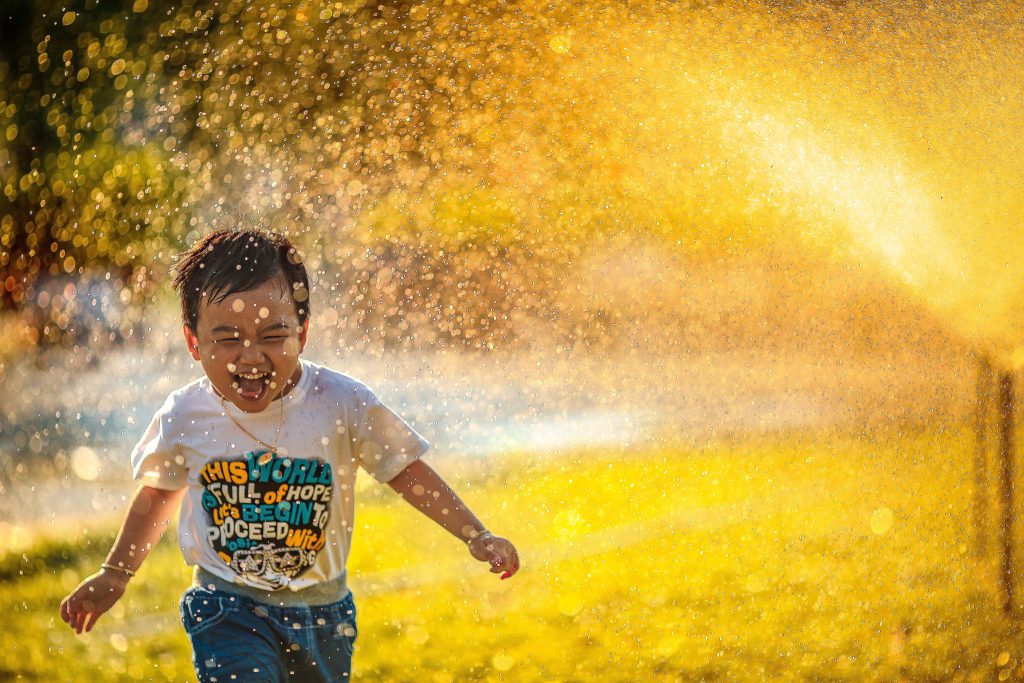There is a fascinating theory of ego-positions (or better, ego states), which originates from the transactional analysis. It states how we have interactions with other people, and may explain why you have reacted in a certain way.
There are three ego states defined, namely the child, adult, and parent. Let’s dive into them!
The Ego State of the Parent
The ego state of the parents reflects behavior, feelings, and thoughts that are taken from parents or parental figures. This ego state can be both a critical and a nourishing state, but can often be summarized by “I have to”.
This ego state contains:
- The attitudes and behaviors of parents or parental figures.
- Is about what you have to do (values, convictions, even ethically well-meant).
- Contains commandments and prohibitions (in your thinking)
- Usually also includes typical family or regional habits
- Impressions that were not understood by the child at a younger age.
For the last item in the above list, it’s often like a record of past events that are played again and again and has become the truth in the inner workings of a child. Typical events include:
- Thousands of no’s, don’t do it, stop!
- Taps on the fingers or raised fingers
- Removing the child from dangerous situations, angry faces
- Happy faces and interactions.
Often, contradictory information that is communicated by parents confuses a child, therefore closing his learning process for good information. Examples are parents telling their children not to lie, while lying themselves, not to smoke but smoking, and so forth.
There are two states for the Ego State of the adult, the critical and the nourishing parent.
The Critical Parent

The critical parent:
- indicates boundaries,
- explains what is allowed and what is not,
- criticizes and judges,
- and also prevents you from having a good feeling.
Typical words that fit the critical parents are “You have to, don’t do, watch out, do your best, don’t be stupid, what childish, what disgusting.”
In terms of attitude, or body language, critical parents often raise their eyebrows, and their fingers, hit the table with their fists or have blame in their voice.
The Nourishing Parent

The nourishing parent is quite the opposite:
- Is caring and protecting
- Encourages
- Comforts
- Stimulates
- Loves the child unconditionally
Typical words belonging to this state are “Come here my child, I love you, just try it, that is kind”. This state is also reflected in the body or non-verbal language, which is characterized by rocking, caressing, encouraging nodding, and leaning forward.
The Ego State of the Adult

This state reflects behavior, thoughts, and feelings that are a direct reaction to the present.
The ego state of the adult is characterized by:
- Being occupied with the present, gathering facts
- Naming things, and being honest
- Researching all kinds of things
- Being intellectual, like a computer, without emotion
- Being systematic, precise, flexible, and quick-witted
- Being busy with estimating opportunities, making trade-offs, and making choices
- Is not judging.
An adult usually asks questions, captures, listens, thinks, talks, and acts. This is usually reflected by words such as “I am going to finish this, I understand you, this is the best option, in my opinion…, what do you mean? How do you like that? What happened? When did you discover that? Who said that?”
The Ego State of the Child
The Ego State of the child is reflected by the behavior, thoughts, and feelings that are repeated from childhood. There are two variants of this Ego State, the free and the adjusted child.
The ego state of the child is characterized by:
- Natural impulses naturally present in young children
- Reactions strongly based on feelings
- Preference for seeking pleasant things
- Trying to avoid difficult issues
- Can be exited and happy
- Can also be mopey, be stubborn, and whine
- Or cutting corners and not wanting to listen.
Let’s dive a bit deeper into the free and adjusted child.
The Adjusted Child

The adjusted child is already partially described before, but typical sentences belonging to the adjusted child are:
- I don’t want to …
- I can’t …
- I have to …
- Help
- It’s your fault
- It’s expected of me
- Did I do it right?
The Free Child

The free child is characterized by:
- Being inquisitive
- Being lively
- Being intuitive
- Being creative, and imaginative
- Being comfortable
- Being spontaneous
- Being sensitive
- Being expressive, uninhibited
- Being curious
- Being cordial
How to recognize the Parent, Adult, or Child Ego State
In the following table, I have listed specific words, intonation, attitudes, and conversations that are typical of the states associated with them.
| Parent | Adult | Child | |
|---|---|---|---|
| Typical Words | You should…, you shouldn’t…, be careful, don’t worry, come here, do your best, be nice, don’t be stupid | How, what, who, why, possibilities, alternatives, data, I find | Hi, I can’t, I don’t want to, help, hew guilt, look at me, I feel like, am I doing well? |
| Intonation | Hard, sharp, demanding, loving, encouraging, warm, tender, angry | Bright, clear, non-emotional, neutral | Whiny, pushy, rebellious, tearful, laughing, screaming, giggling, playful |
| Attitude | Helping, cradling, receptive, caring, accusing, pedantic | Loose, alert, info giving, info asking | Spontaneous, restless, helpless, defiant, huddled, sticking out tongue, on the feeling |
| Conversations | Giving criticism, moralising, educating, giving advise. | Notice something, solve a problem, investigate, make plans, list, business | Help me, advise me, I don’t know, punish me, spontaneous, what’s in store for me |
This may help you to discover what roles you are often in, and how you could improve your own behavior, for example shifting from a critical parent to a nourishing parent.
So, what do you think of these roles, do you recognize any patterns in them? What roles would you like to move in more, and what would you like to have less?